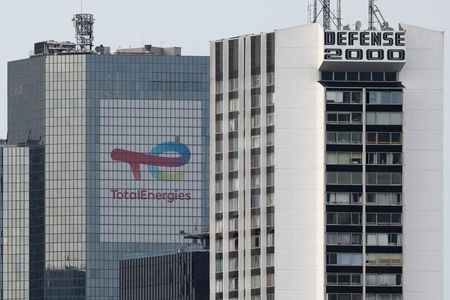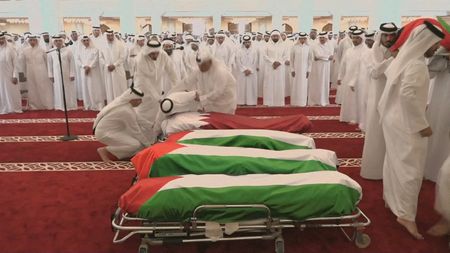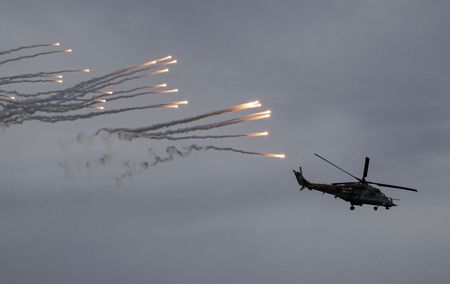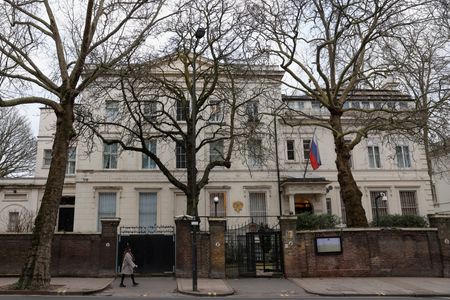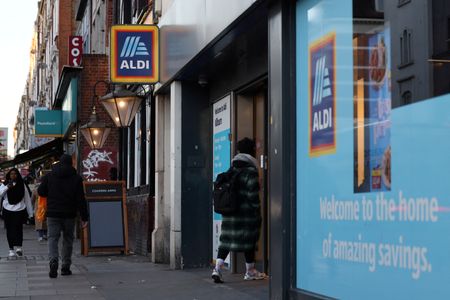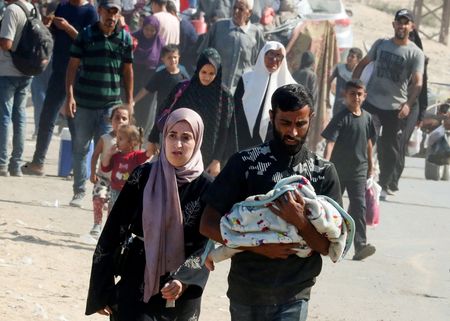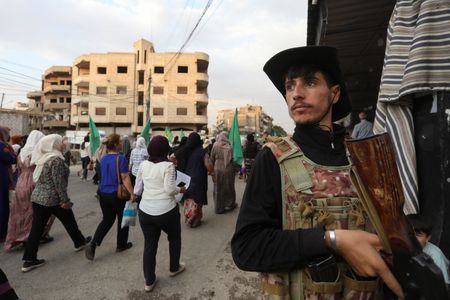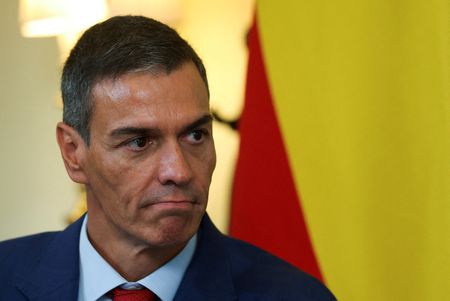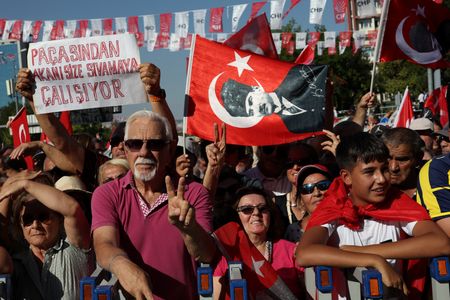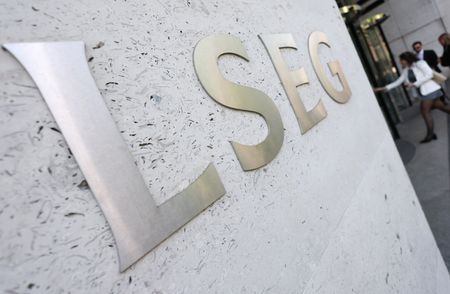By America Hernandez
CAIRO/PARIS (Reuters) – French oil major TotalEnergies has launched the second development phase at Iraq’s Ratawi oilfield and has begun building an accompanying seawater treatment plant, it said on Monday, the final stages of a $27 billion multi-energy project.
The project aims to boost Iraq’s oil, gas and power production, reduce imports from neighbouring Iran and lure back foreign investors.
The prime minister of Iraq, Qatar’s energy minister and the CEO of TotalEnergies met on Sunday in Baghdad to award the final contracts of the joint Gas Growth Integrated Project, led by Total (45%), Iraq’s state-owned Basra Oil Company (30%) and QatarEnergy (25%).
Iraq’s oil production has stagnated in recent years as ExxonMobil, Shell and BP scaled back operations in the country due to poor returns under fixed-fee technical service contracts — something Baghdad hopes the Total deal will reverse, having sweetened terms by implementing a new revenue-sharing model and reducing the government’s share in the project.
A first redevelopment of the Ratawi oil field, initiated by Total in late 2023, will increase production to 120,000 barrels per day by early next year.
The second phase, launched on Sunday, will nearly double that by 2028 and eliminate routine flaring of gas, according to Total’s statement.
Turkey’s ENKA construction company will build the oil and gas processing facility with a daily production capacity of 210,000 barrels of oil and 163 million standard cubic feet of gas, according to the Iraqi prime minister’s office.
A 5 million barrel-per-day seawater treatment plant, to be built by South Korea’s Hyundai Engineering and Construction, will enable drought-hit Iraq to use seawater in the water-intensive oil production process instead of freshwater from rivers and marshes.
Total also signed an agreement with China’s Petroleum Engineering & Construction Corp to build a gas processing plant in southern Iraq with a total capacity of 600 million standard cubic feet per day, the prime minister’s office said.
The wider project includes a 1-gigawatt solar park and additional plants to collect associated gas from oilfields and burn it for electricity, helping to cut Iraq’s dependence on Iran, which supplies between a third and 40% of its neighbour’s gas and power needs.
In remarks on Sunday, Prime Minister Mohammed Shia al-Sudani welcomed the growth of foreign investment — something Iraq has struggled to attract after an initial flurry of post U.S.-invasion deals over a decade ago.
Iraq’s oil production capacity has remained at around 5 million barrels per day in recent years. Yet the country had ambitions to rival Saudi Arabia’s output of 12 million barrels per day — more than a tenth of global demand — when Baghdad launched competitive bidding rounds for oilfield development in 2009, attracting international majors.
(Reporting by Jaidaa Taha and Ahmed Tolba in Cairo, America Hernandez in Paris; Editing by Ros Russell)

